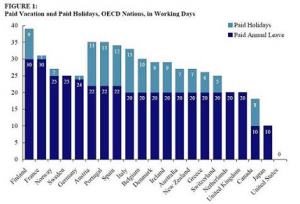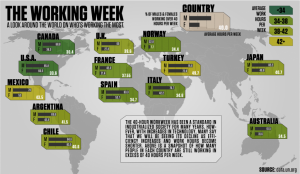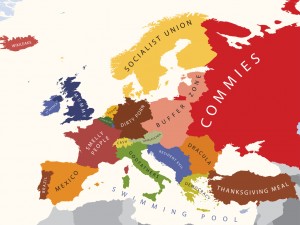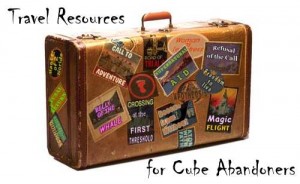Bulgarian Language And Culture
I’ve written before about learning languages, and how much I enjoy the undertaking. Here I’ll discuss learning the Bulgarian language and culture. I speak German, and tried for many years to improve my Mandarin. I find languages totally fascinating. How a whole group of people see the world is limited (and advanced!) by their language, their ability to think and talk about what they see, feel and experience. It’s all driven by language, and the differences between languages are so thick and vast sometimes that it feels impossible that any two people from different root languages could share similar ideas, and yet—we do!
For work I was tasked with learning the Bulgarian language, and sent to an instructor who would teach me one-on-one. This was pretty sweet for me, as a lover of words and languages. We sat across from one another for about four months talking about Bulgaria, Bulgarian customs and traditions and ideas, and of course learning the language. This is exactly my type of exploration. A mix of understanding a new place and a new way of thinking about the world. My teacher was an older woman who never acclimated to life in the US, and spoke of her homeland as heaven on Earth.
Bulgarian Language Roots
Bulgarian is a slavic language and Bulgarians swear they invented Cyrillic. Cyril and Methodius being Bulgarian, of course. The Macedonians and Russians also claim them, but they are wrong. I know because my teacher told me, and later every Bulgarian I met would mention it at some point. So yeah, they invented Cyrillic, which was created by simplifying Greek and adapting it to the more guttural sounds of the spoken language. Of course this was all to translate the Bible, as the Bulgarians are the best Christians since Christ.
In the video below you’ll see a very pregnant me reciting part of a Bulgarian poem alongside others.
The Bulgarian language is stunningly rich in culture and history that it can’t be separated out. You can’t untangle words to find simple nouns, but instead stories and fables support single words. It is a joy to learn.
Any language you approach from the outside seems methodically structured, but of course they aren’t. They are hobbled together by necessity. With English, it’s apparent in how we steal and use words from other languages (Garage, aisle, kindergarten, for a few examples) but other languages aren’t as Frankensteinian. Bulgarian has words from Russia, words from Greek and words from the Turkish language, all neighbors geographically, but for the most part Bulgarian is pretty pure. And this isn’t surprising once you meet a Bulgarian. They don’t want outside influence.
Stubborn People, Stubborn Language
When the Ottomans took control of Bulgaria they held it for over 500 years. That’s longer than America has been around, folks. And in all that time, the language and culture of Bulgaria hardly budged. Their religion, often underground and attacked, survived. Their style of clothing: intact. After 500 years the Ottomans were forced out (bloody, horrible affair, too) and the culture was little changed. That is some grade-A stubbornness. And they retain that stubbornness to this day, steadfast in the preservation of their culture and language. So when you learn a new word you don’t get a one-to-one translation but an epic story complete with a Bulgarian hero or grandmother or saint.
You can learn more about Bulgaria here.
Bulgarian music takes advantage of the easier grammar (at least compared to Russian!) to fuse traditional music with modern rap. This is a delight to any listener, and should be appreciated as a complex cross-cultural experiment in both language and music.
If you haven’t heard Bulgarian before, check out this video clip of a native speaker and note how fluidly and smoothly the language cascades, as compared to the harsher Greek, more nasal Turkish and more guttural Russian languages that surround Bulgaria.






